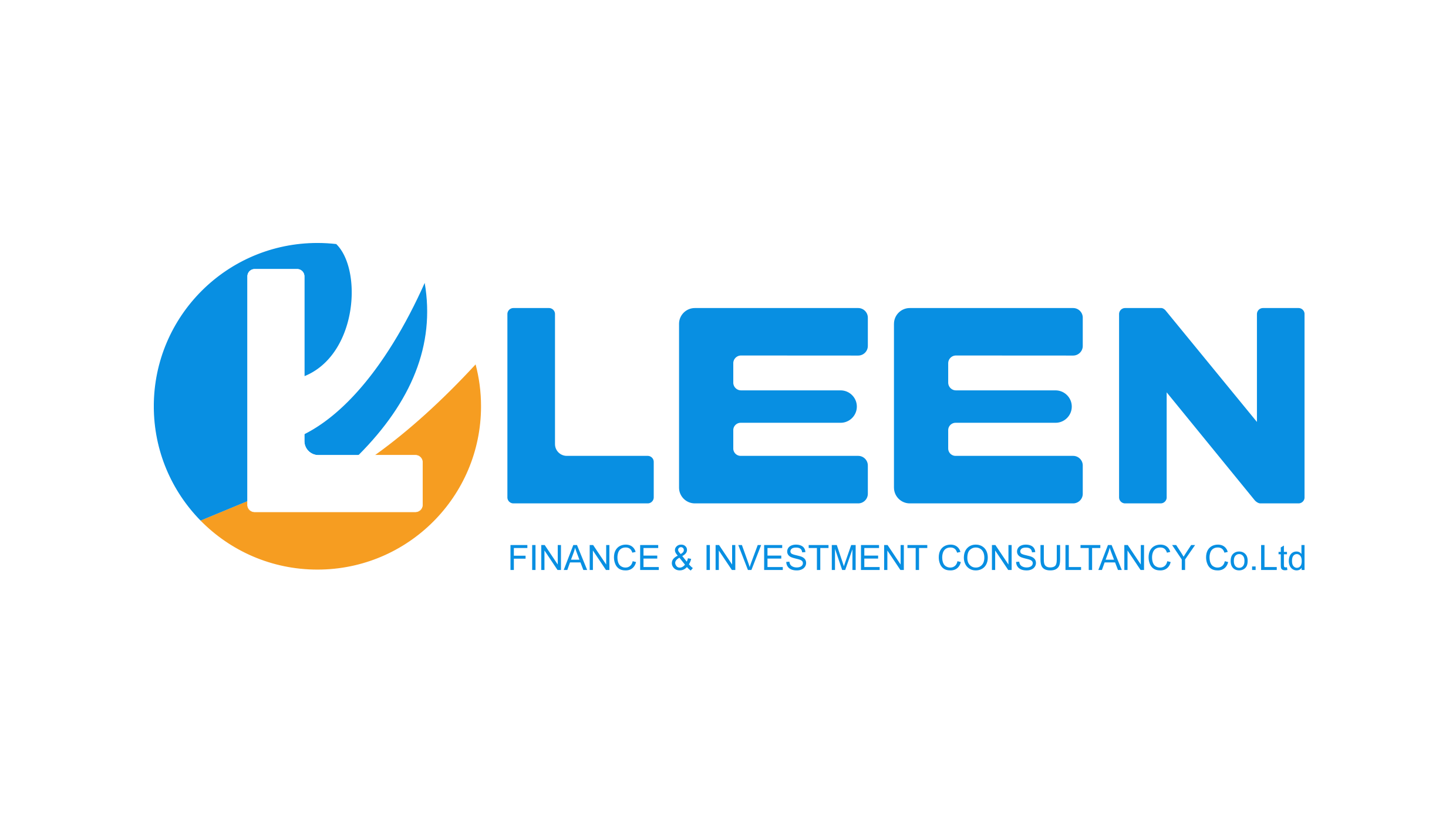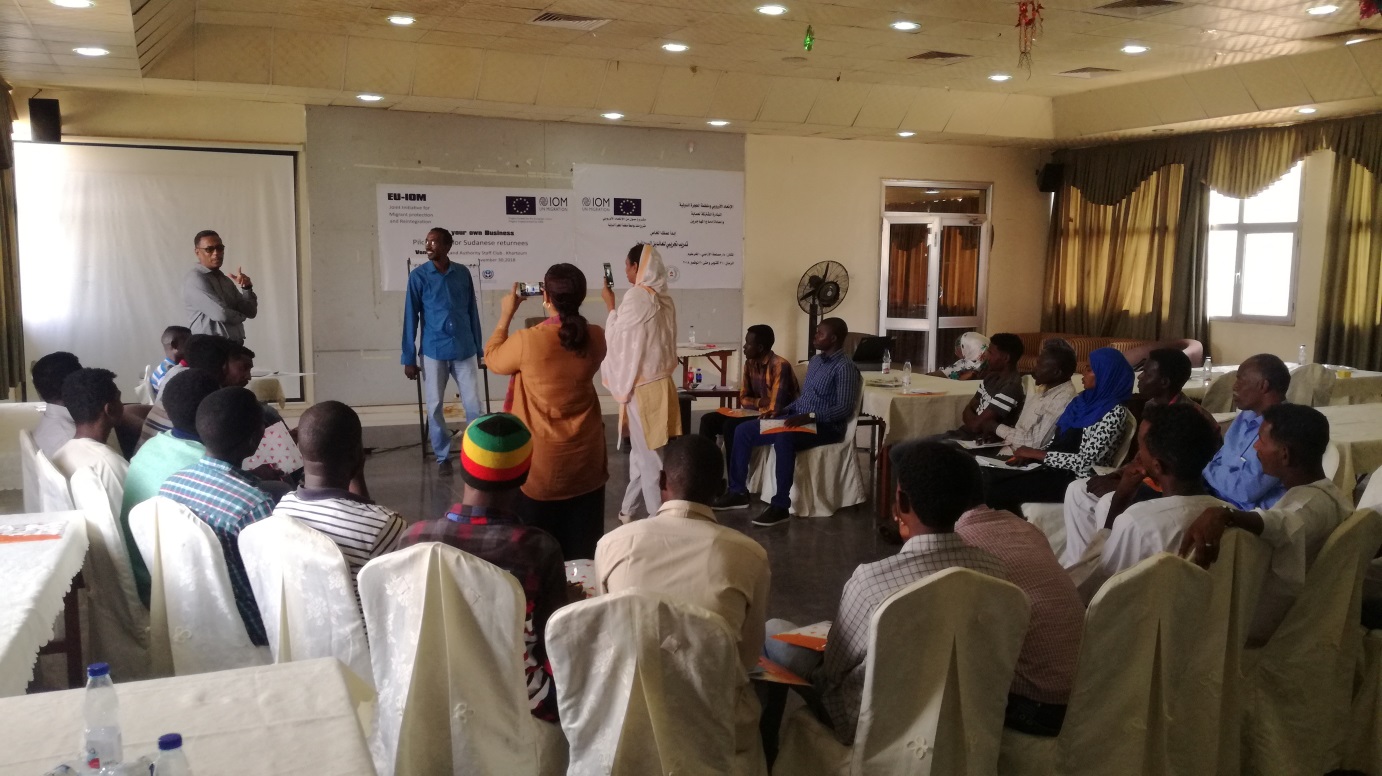
- +249 114 748 544 +249 912 543 478
- info@leen-sd.org www.leenconsultancy.com

The aims of this course to build the resilience for economically vulnerable, which is enable economy to cope, recover, and reconstruct and therefore to minimize aggregate consumption losses which integrate wide range of poor producers.Outcomes of this training enable the trainees to develop their business model, strategic plan for their market, costing and link to microfinance approaches
This ability can refer to as macroeconomic resilience, which has two components:
Instantaneous macroeconomic resilience, which is the ability to limit the magnitude of immediate production losses for a given amount of asset losses.
Dynamic resilience, which is the ability to reconstruct and recover. Welfare impacts also depend on micro-economic resilience, which depends on the distribution of losses; on households' vulnerability, such as their pre-disaster income and ability to smooth shocks over time with savings, borrowing, and insurance, and on the social protection system, or the mechanisms for sharing risks across the population.The modeling and tools to apply micro-finance system to build up economic resilience;.
Islamic finance refers to a system of finance based on Islamic law (commonly referred to as Sharia). Islamic financial principles are premised on the general principle of providing for the welfare of the population by prohibiting practices considered unfair or exploitative. The most widely known characteristic of the Islamic financial system is the strict prohibition on giving or receiving any fixed, predetermined rate of return on financial transactions. This ban on interest, agreed upon by a majority of Islamic scholars, is derived from two fundamental Sharia precepts:
Money has no intrinsic worth. Money is not an asset by itself and can increase in value only if it joins other resources to undertake productive activity. For this reason, money cannot be bought and sold as a commodity, and money not backed by assets cannot increase in value over time.
Fund providers must share the business risk, Providers of funds are not considered creditors (who are typically guaranteed a predetermined rate of return), but rather investors (who share the rewards as well as risks associated with their investment).Islamic finance, however, extends beyond the ban of interest-based transactions.
LEEN will offer many capacity building solutions for both micro-finance institution and audience include the following:
Development of Micro-finance business
Building a Successful Business Model for Islamic Micro-finance
Development of strategic plan for MFI
Islamic Approaches of Micro financing
Financial Inclusion and Micro-finance
Enhancing Self-employment Opportunities through Micro-finance
Islamic Banking Products
